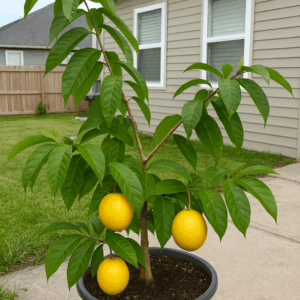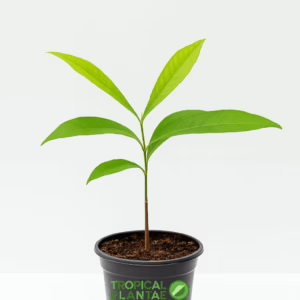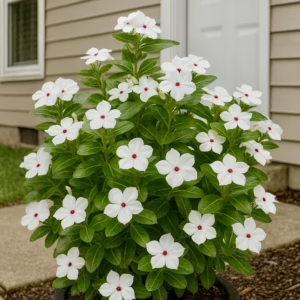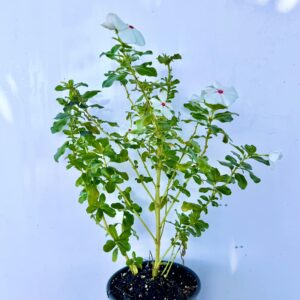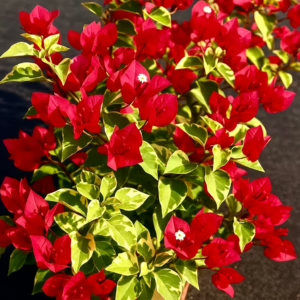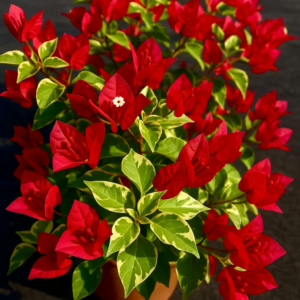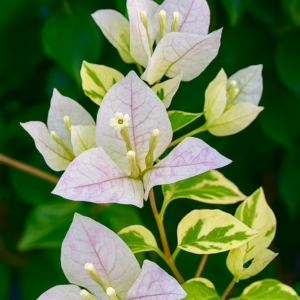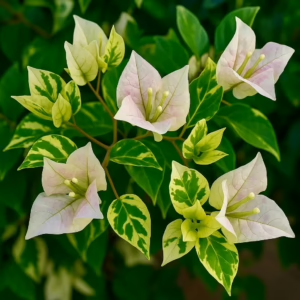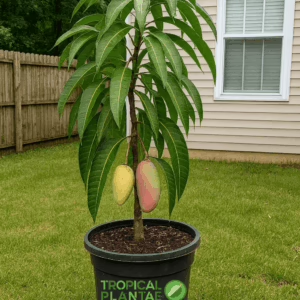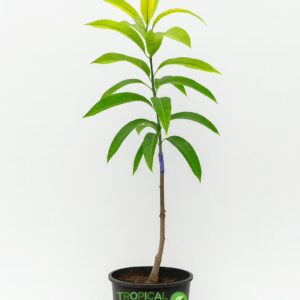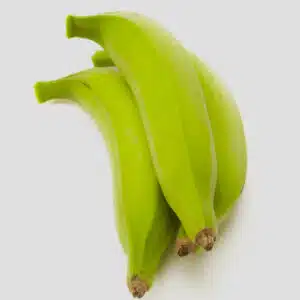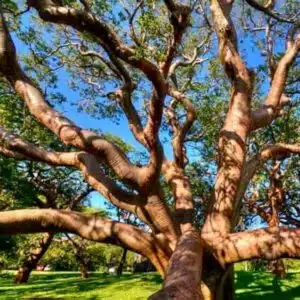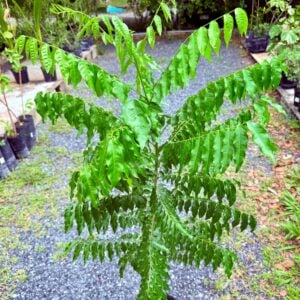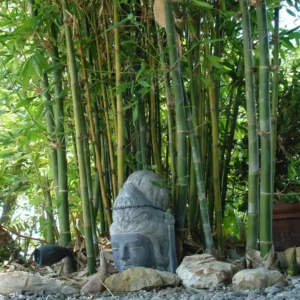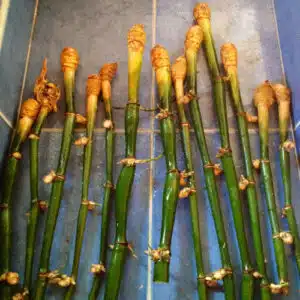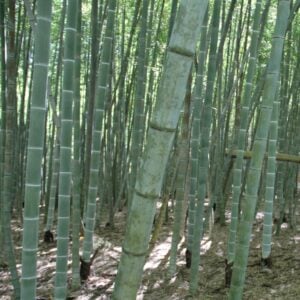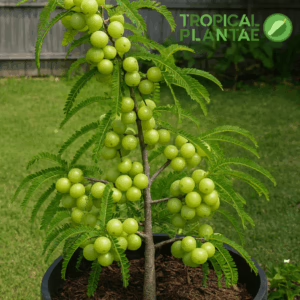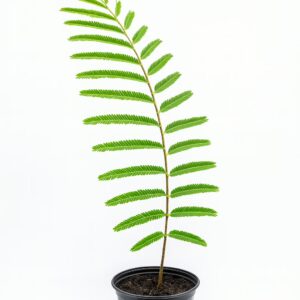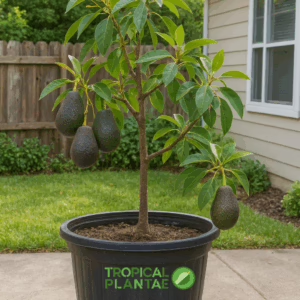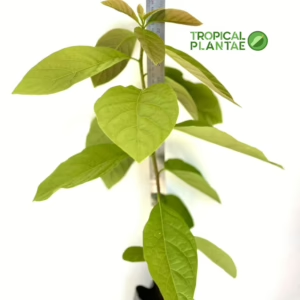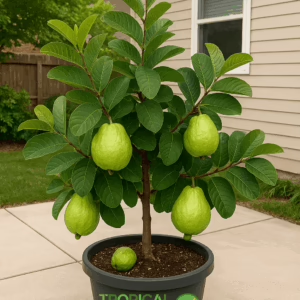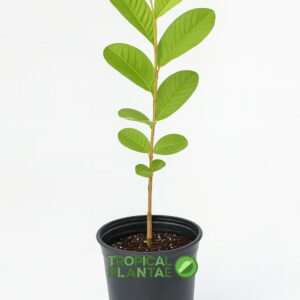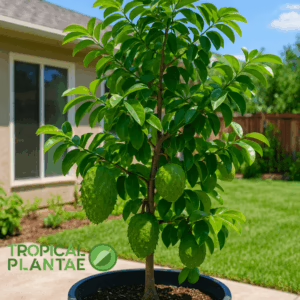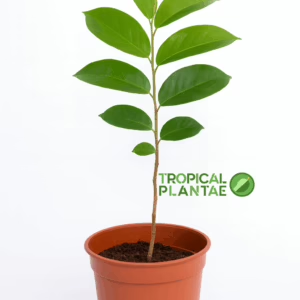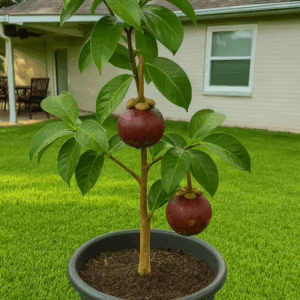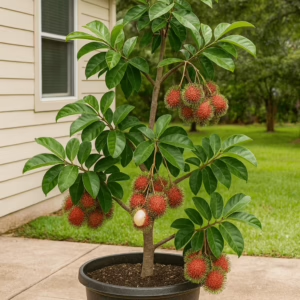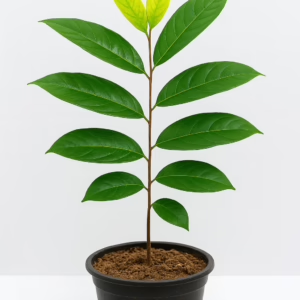Free Shipping in 3-5 days
RECENTLY ADDED
Abiu Tree ( Pouteria caimito ) Live Tropical Fruit Tree – Healthy Young Plant – USDA Certified
Rated 5.00 out of 5
Madagascar periwinkle (Catharanthus roseus) live plant 1’ – 2’ feet tall
Grafted Mango mahachanok (mangifera) live fruit tree 3’-4′ feet tall
Green Plantain pack up to 10 fruit big box
$39.99 – $59.99Price range: $39.99 through $59.99
Select options
This product has multiple variants. The options may be chosen on the product page
Grafted Sugar Apple Tree (Annona squamosa)
Gumbo limbo (Bursera simaruba) tropical live tree 2’-3- feet tall
BEST SELLERS
Giant Timber Bamboo (Bambusa oldhamii) live plant (cutting)
Moso Bamboo (Phyllostachys edulis) big live plant
Indian gooseberry / amla (Emblica officinalis) live tropical fruit tree
AVOCADO HASS FRUIT TREE (Persea americana)
Indonesian Seedless Guava (Psidium guajava ) live fruit tree 1’-2’ feet tall
Soursop Tree (Guanabana) – Live Tropical Fruit Tree
Rated 4.00 out of 5

